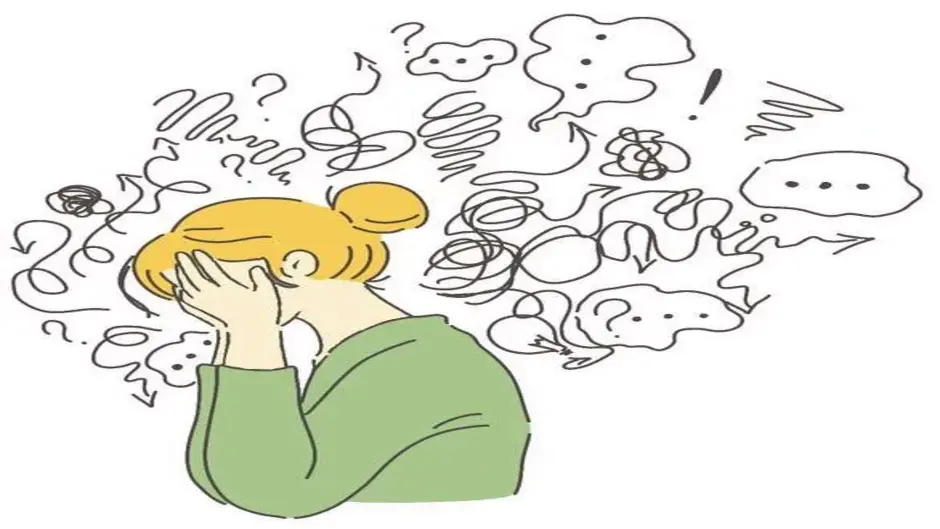Anxiety disorder represent a group of mental health conditions that cause excessive fear, worry, apprehension, and anxiety. These feelings can significantly impact daily activities, making it challenging for individuals to lead a normal life. This guide aims to explore the various facets of anxiety disorders, providing insights into their nature, diagnosis, treatment, and management. By offering a blend of professional advice, personal experiences, and actionable strategies, this article seeks to empower readers with knowledge and understanding, paving the way for improved mental health and well-being.
What is Anxiety Disorder?
Anxiety disorder goes beyond the occasional worry or fear. It involves persistent and overwhelming anxiety and worry that are disproportionate to the actual risk or danger. This section delves into the definition, symptoms, and the critical distinction between normal anxiety and an anxiety disorder.
Types of Anxiety Disorders
Anxiety disorders are not a one-size-fits-all condition. They include generalized Panic Disorder (GAD), panic disorder, social anxiety disorder, specific phobias, and more. Understanding the different types is essential for recognizing and addressing the specific challenges they present.

Causes and Risk Factors
The exact cause of Panic Disorder is unknown, but a combination of genetic, environmental, psychological, and developmental factors are involved. This section explores what makes some individuals more susceptible than others and the common triggers of anxiety disorders.
Professional Diagnosis for Anxiety Disorder
A professional diagnosis is crucial for effective treatment. This segment outlines the process of diagnosing Panic Disorder, including the role of mental health professionals and the various diagnostic tools and criteria used.
Medication Options for Anxiety Disorder
Medication can be a key component of treatment for some individuals with Panic Disorder. Here, we examine the most commonly prescribed types of medication, their benefits, and potential side effects.
Psychotherapy and Counseling
Psychotherapy, particularly cognitive-behavioral therapy (CBT), has proven effective in treating Panic Disorder. This section discusses the different therapy approaches and how they help individuals manage their symptoms.
Lifestyle Changes and Natural Remedies
In addition to medical treatments, lifestyle modifications and natural remedies can support overall well-being. From exercise and diet to mindfulness and relaxation techniques, we explore how these changes can make a difference.
Understanding Anxiety Disorder
Misconceptions about Panic Disorder can hinder recognition and treatment. This section aims to debunk common myths, emphasizing the importance of awareness and accurate information.
Daily Coping Mechanisms
Living with an Panic Disorder requires daily coping strategies. Here, we share practical tips for managing anxiety, including stress management techniques and how to create a supportive environment.
Support Systems for Anxiety Disorder
The importance of a strong support system cannot be overstated. This part highlights how friends, family, and support groups can play a critical role in the journey towards managing Panic Disorder.
Apps and Online Resources
Technology offers new avenues for support and treatment. We review the latest apps and online resources that provide guidance, tracking tools, and virtual therapy options.
Cultural Differences in Perception and Treatment
Panic Disorder are a global issue, but cultural differences affect how they are perceived and treated. This section examines these variations and the importance of culturally sensitive approaches.
Success Stories
Personal stories of overcoming Panic Disorder can offer hope and inspiration. By sharing these narratives, we aim to encourage others that recovery and resilience are possible.
FAQs
This section will address the most common questions about anxiety disorders, providing clear and concise answers to help demystify the condition.

